Labor & Economy
Fathers and Sons and Daughters: Father’s Day at the Wilshire Grand
Several years ago I produced a documentary film about young men who had been in gangs and in prison, men who had had their lives turned around when they were accepted into building trades unions. They all came from tough and economically deprived backgrounds. In addition to their social environments, what was similar about all of the young men who had gotten in serious trouble was the absence of a father in their lives.
Most of them explained to me that while they respected their mothers’ feelings while in the home, when outside of the house they gravitated towards other male figures. Arturo Peña, who was part of a gang in Los Angeles’ Ramona Gardens housing project, reflected on his experience as a young man. “We didn’t have fathers growing up so we looked up to these older gang members who dominated and controlled the streets.”
The lucky ones from so-called “broken families” — where fathers disappear from children’s lives, or are ground up in the machine of incarceration — meet a teacher, athletic coach or other positive role model who guides them in a productive direction. The unlucky or psychologically more vulnerable ones might meet a gangbanger.
Julio Silva, one my movie’s subjects, happened to meet Robbie Hunter who, at that time, was a representative for Iron Workers Local 433. Hunter told Julio that if he wanted to change his life, was willing to work hard and “fly straight,” he would help him become an iron worker. Julio joined Local 433, rebuilt his own family and now watches over his own son to make sure he does not go down the path Julio once walked.
What Julio was looking for, and what Hunter offered, was what social critic Christopher Lasch called a “conjunction of love and constraint,” whereby, in this case, a young man is helped to accept the restrictions and responsibilities of adulthood through the joining of concern and authority.
This month the Economist ran a cover story titled The Weaker Sex, referring to the economic and social struggles of blue color males.
The Economist‘s editorial solution to the cycle of blue collar male “dysfunction” is that men need to brush up on their cultural attitudes, schools should be more “boy-friendly” and vocational education should focus more on future jobs in hospitals rather than in “factories.” No mention is made about how and why all those factory jobs disappeared through outsourcing, to outposts of cheap labor, apparently an analytical bridge too far for Economist readers.
The men and women that I have met at the Wilshire Grand Center, where I’m filming the hotel’s construction, may or may not have different cultural attitudes than the preceding generation. Most will probably not go back to college although it’s important to note that they do have their own rigorous five-year apprenticeship program. Assuredly, not many will move from construction into nursing. What sustains them in their current careers is their union membership.
Despite a common misconception that these are “unskilled” jobs, collective bargaining has provided living wages, pensions and health care that covers their families. As Julio Silva and Arturo Peña would attest, these “material” things are part of what hold families together, certainly more effectively than lectures on morality.
In the 1980s, poet and men’s group organizer Robert Bly wrote and talked about the “plight” of men and their difficulties with their fathers. While some of Bly’s conversations with the drum bangers in his groups came across as self-pitying, his observations about the positive psychological impact of sons (and presumably daughters as well) working next to their fathers resonated.
Sons who work with their fathers and don’t just see them after work, Bly believed, have the chance to experience not only their father’s temperament, but also their teaching. Fathers and sons teaching and learning together could provide young men a feeling of confidence and emotional stability in the world.
On construction sites, what sons and daughters also see in watching their father’s work is how to develop a capacity for self-reliance, teamwork and a productive energy that derives from building something positive in society.
The workers I spoke with at the Wilshire Grand the week before Father’s Day all thanked their fathers for acting as role models and guides. Those with their own children all expressed a desire to play a significant role in their lives and understood their importance as parents.
With all of the complexities of modern life being acknowledged, and with respect towards the significance of “alternative” families and child rearing “villages,” it’s clear that you can be a more effective father when you have a well-paying job, health care and a decent retirement.
Happy Father’s Day.

-
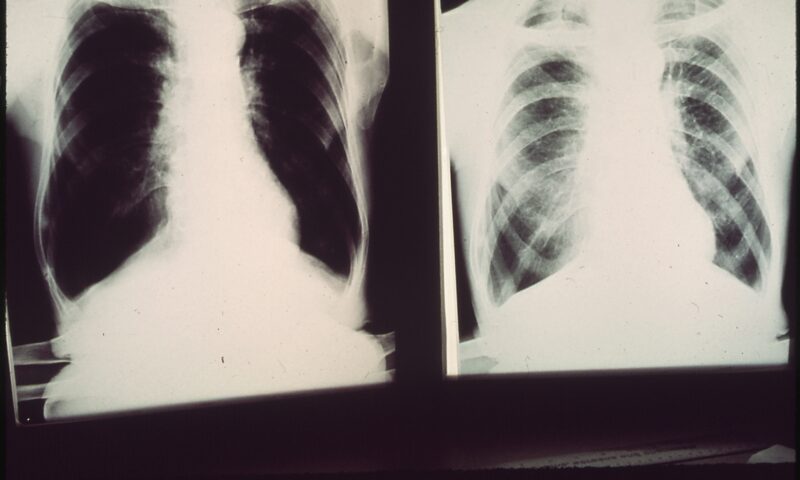
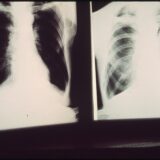 Latest NewsJune 17, 2025
Latest NewsJune 17, 2025A Coal Miner’s Daughter Takes on DOGE to Protect Miners’ Health
-
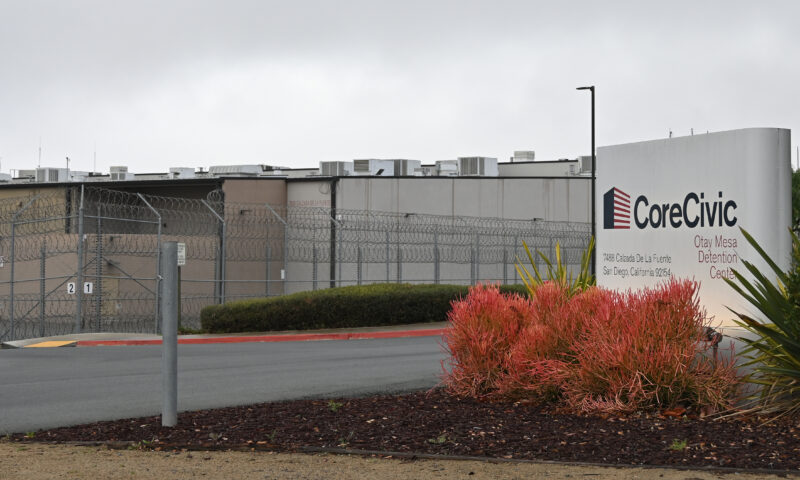
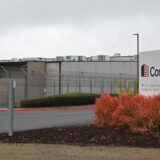 Beyond the BorderJune 10, 2025
Beyond the BorderJune 10, 2025Detained Man Says ICE Isn’t Treating His Colon Cancer
-

 Column - State of InequalityJune 12, 2025
Column - State of InequalityJune 12, 2025‘Patients Will Suffer. Patients Will Die.’ Why California’s Rural Hospitals Are Flatlining.
-
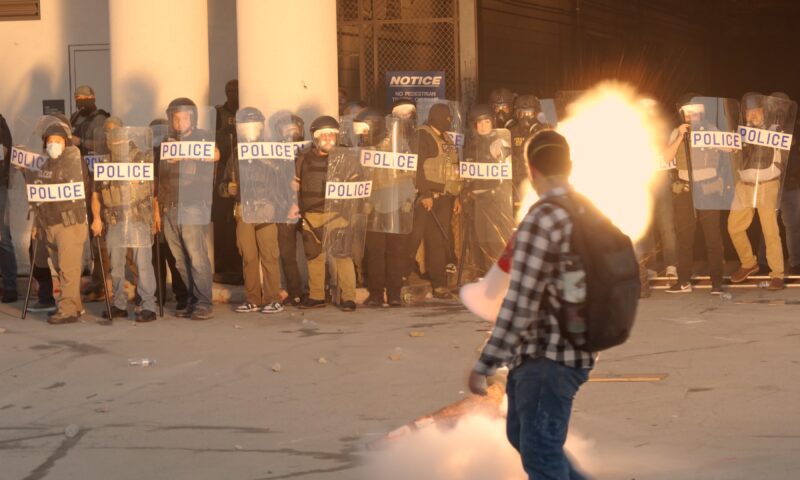
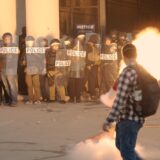 Featured VideoJune 10, 2025
Featured VideoJune 10, 2025Police Violently Crack Down on L.A. Protests
-

 Column - California UncoveredJune 18, 2025
Column - California UncoveredJune 18, 2025Can Gov. Gavin Newsom Make Californians Healthier?
-
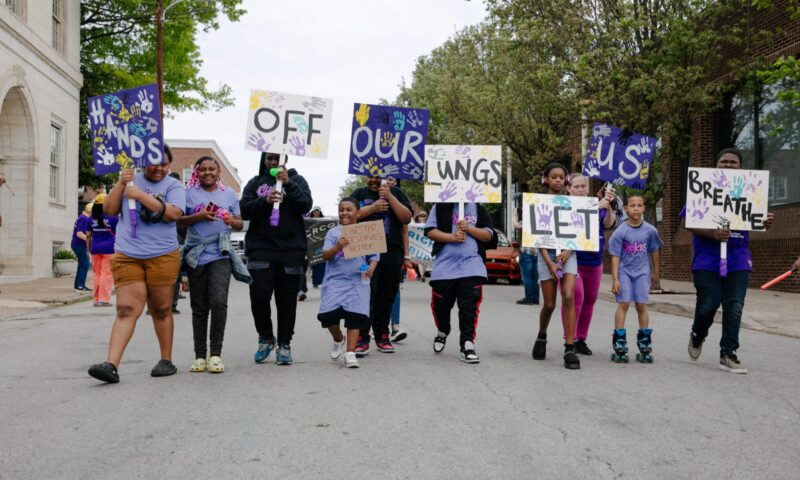
 The SlickJune 6, 2025
The SlickJune 6, 2025Pennsylvania Has Failed Environmental Justice Communities for Years. A New Bill Could Change That.
-

 Latest NewsJune 6, 2025
Latest NewsJune 6, 2025Trump Won Big in Kentucky. Medicaid Cuts Could Hit It Hard.
-

 Latest NewsJune 6, 2025
Latest NewsJune 6, 2025Before Attacking Each Other, Musk and Trump Struck Blows Against Veterans, Children, the Hungry and the Sick

